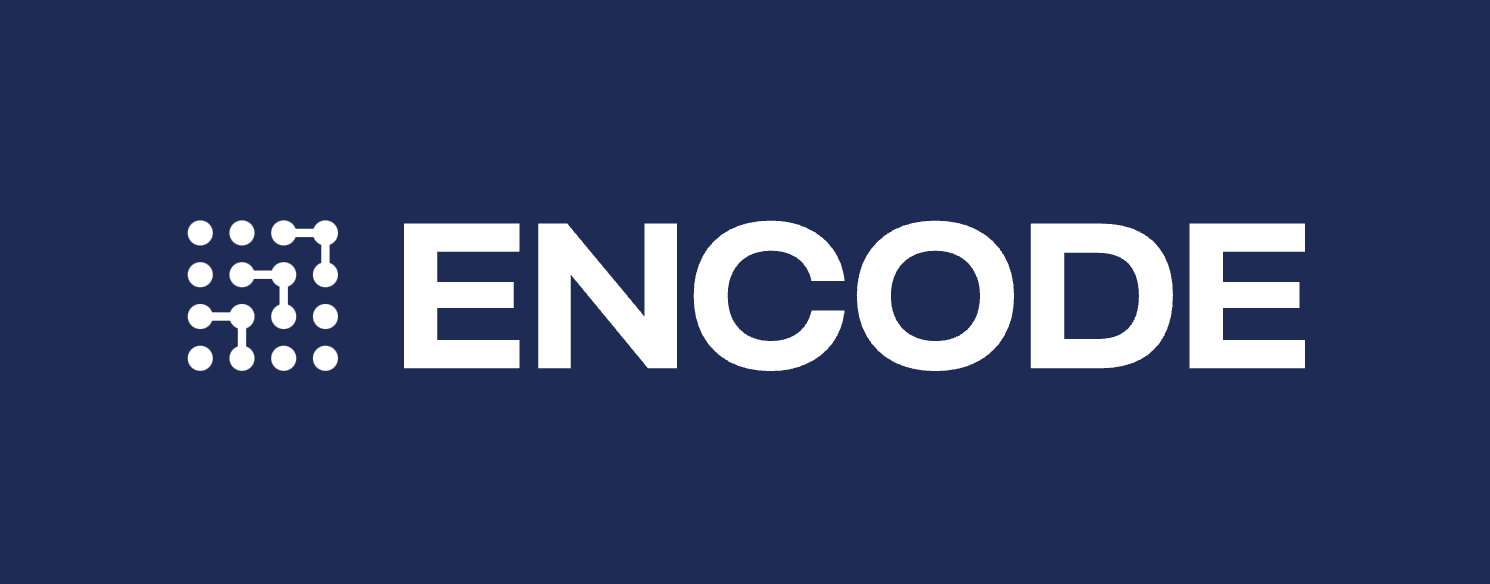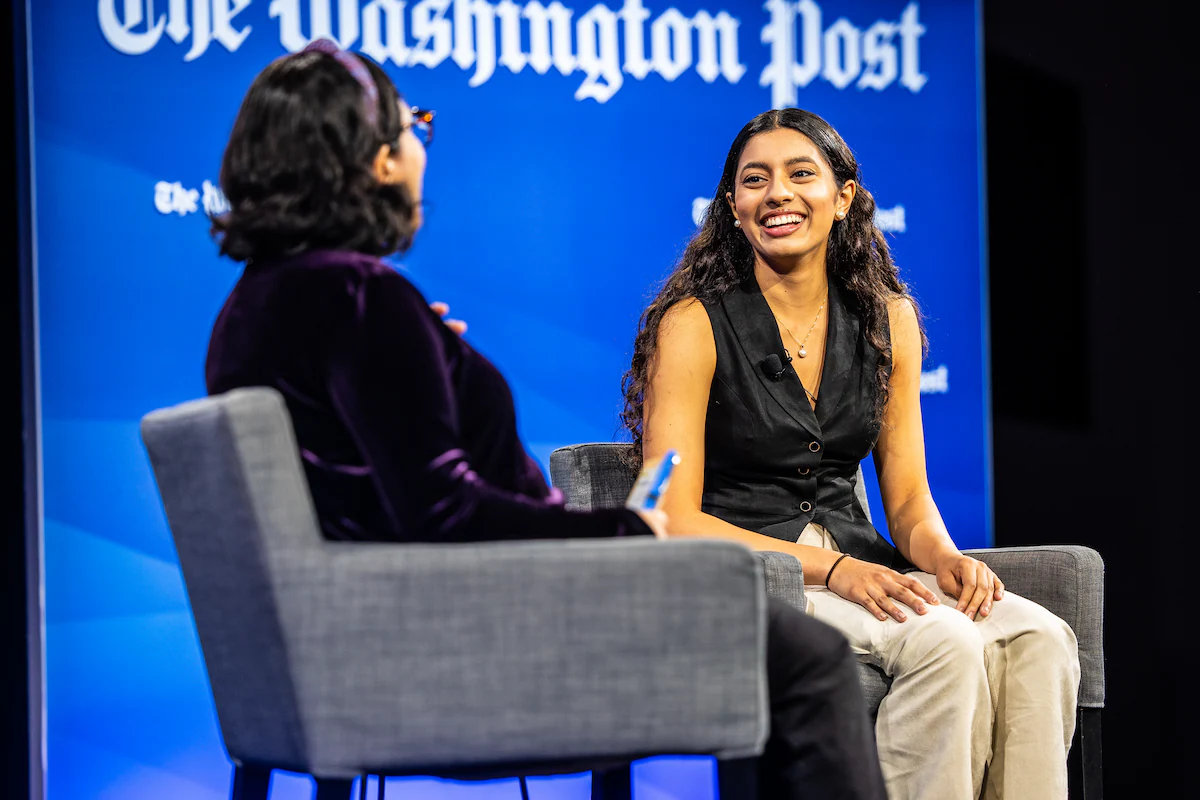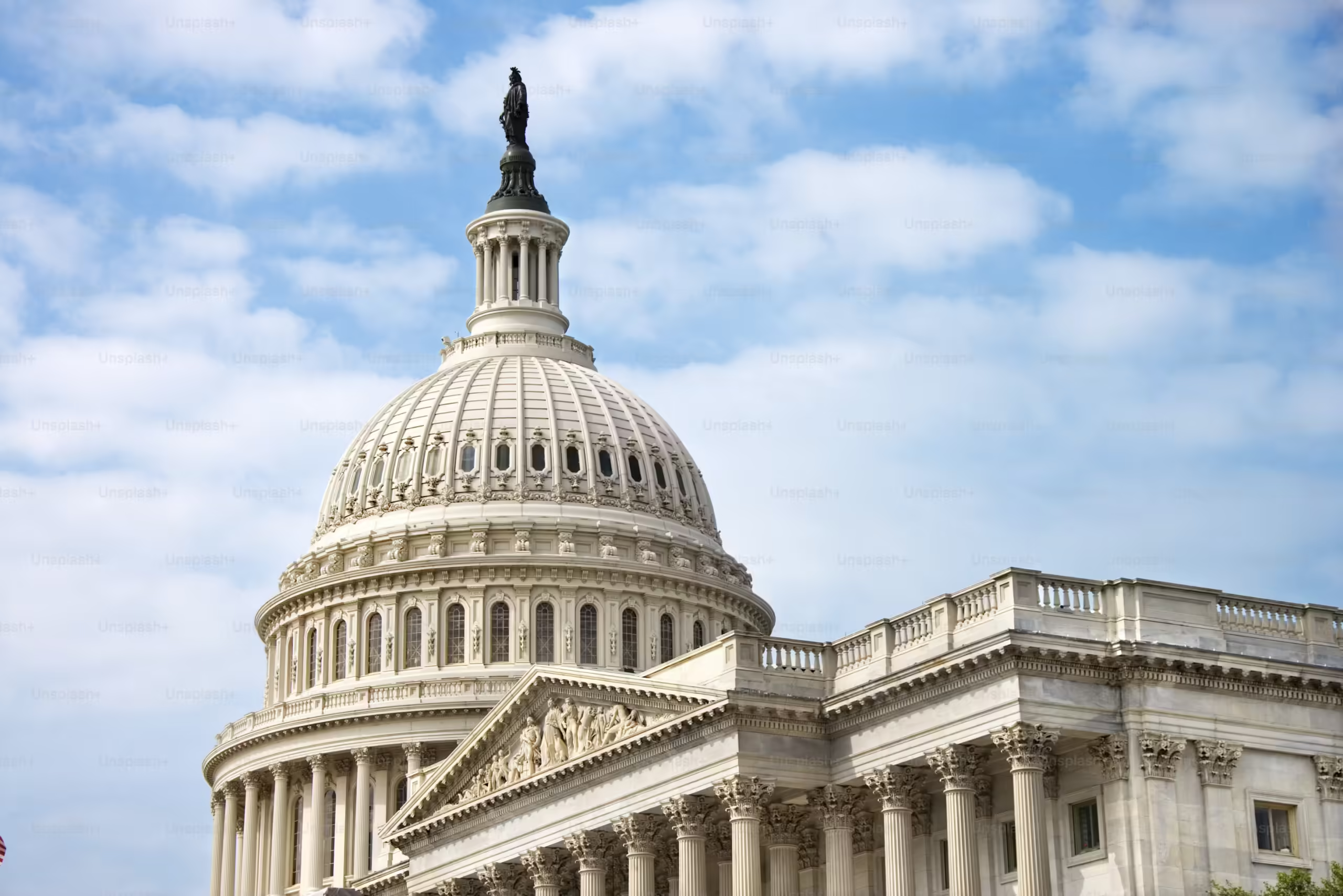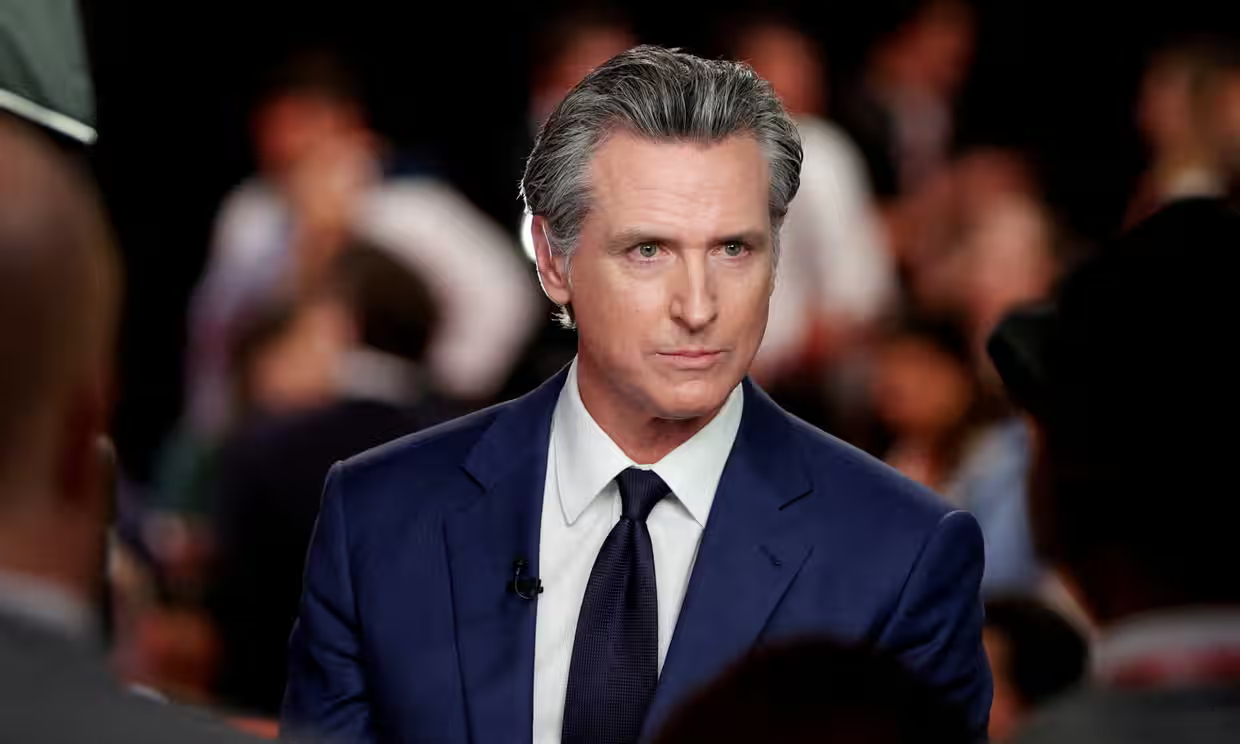Youth activists issued a sweeping call to action on Thursday for heightened artificial intelligence protections, urging global leaders to take swift steps to harness the potential and mitigate the dangers of tools that could have an outsize impact on their generation.
The agenda, unveiled by the prominent youth-led advocacy group Encode Justice, calls on leaders across the private and public sectors to enact a raft of policy recommendations by 2030 to ensure AI protects the “lives, rights, and livelihoods” of young people.
Written by a group of activists, all 22 and under, the agenda lays out nearly two dozen steps policymakers and developers can take to tackle concerns that AI could erode public trust, undermine human rights, disrupt the workforce and exacerbate military conflicts.
“This could be the most important moral challenge of our time,” the group wrote in its report. “The clock is ticking, and our generation is ready for action — we have the greatest stake in what happens next.”
Encode Justice founder Sneha Revanur said that as a soon-to-be first-time voter, one issue that was top of mind was how artificial intelligence could sow discord during the many key elections held across the globe this year — and how young people could be particularly vulnerable to AI-driven misinformation.
“I’m concerned about going to the polls with so much disinformation swirling around,” said Revanur, who at 19 has already turned her group into a major force in global discussions around AI development and safety.
The agenda calls on governments to “mandate clear and continuous disclosures” of AI-generated political ads and on companies to take steps to make their AI use more transparent, including by disclosing to users where outputs came from.
The issue reaches far beyond politics, with young women in particular now having to confront the threat of nonconsensual AI-generated videos and images, Revanur said.
“There are so many stories of teenage girls, literally high school students, who are impacted by deepfakes,” she said.
The report urges political leaders to mitigate the risk AI may pose to young people’s rights across the workforce, in education and in the criminal justice system.
To that end, Encode Justice calls for governments to mandate that companies undergo independent audits that evaluate how fairly their AI systems are operating “in both treatment and outcomes across sensitive characteristics like race, gender, and socioeconomic status.”
The agenda also presses political leaders to ensure AI enhances jobs without replacing them, including by redirecting research funding into those areas.
To tackle the scope of AI’s challenges, governments will need to cooperate on crucial initiatives, including workforce and nonproliferation efforts, they wrote.
The agenda calls on global governments to partner with employers on skills retraining programs; to establish international treaties prohibiting the use of fully autonomous weapons without human control; and to set up a “global institute for AI safety.”
“It’s really impossible to contain these harms to one country anymore, especially given the international and really borderless nature of AI development,” Revanur said.
The agenda has the backing of student and youth advocacy groups from dozens of universities around the world, the group said.
It counts political leaders, advocates and academics as signatories, including former president of Ireland Mary Robinson, former New York mayor Bill de Blasio (D), scientist Gary Marcus and Leadership Conference on Civil and Human Rights CEO Maya Wiley.
The group’s announcement arrives at a key stretch for AI policymaking.
In the United States, state and federal lawmakers are ramping up efforts to pass new AI guardrails, with Senate Majority Leader Charles E. Schumer (D-N.Y.) and a bipartisan group of senators this week unveiling a road map for legislating the technology.
The issue is also gaining traction overseas, with government leaders from the United Kingdom and South Korea set to meet next week to discuss how to bolster AI innovation while ensuring safety — the latest major global summit on the topic.
“Especially with the South Korea summit coming up, we want young people and their concerns to be on the agenda,” Revanur said.



